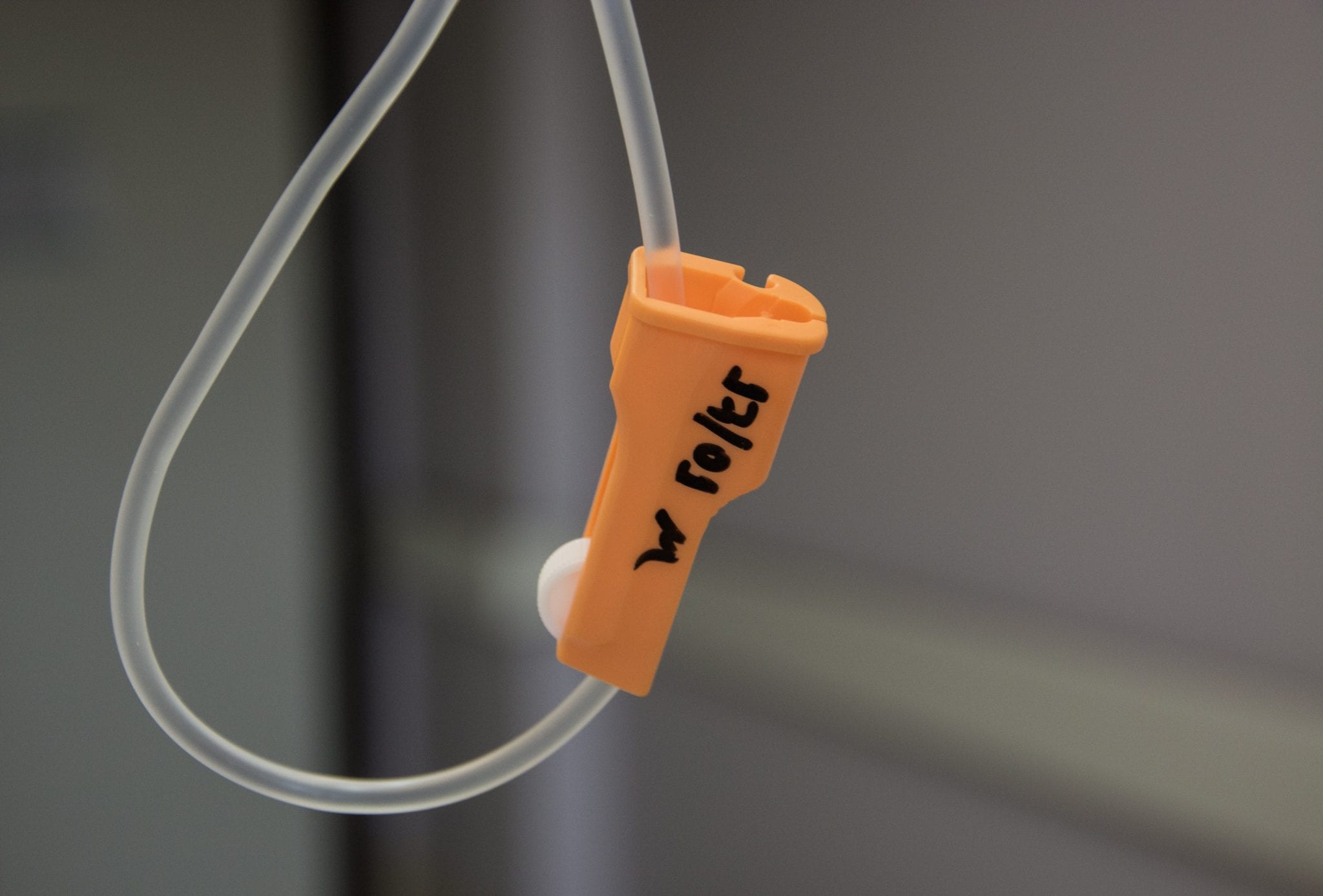Critics Say Sepsis Experiment, Clover, Should be Immediately Terminated
A large government trial experiment, referred to as Clover, is supposed to be comparing treatments for sepsis, but, according to critics, it is putting participants at risk of organ failure and even death and should be terminated. An in-depth look of the design prepared by senior investigators at the National Institutes of Health Clinical Center in Bethesda, Maryland, concluded the study “places seriously ill patients at risk without the possibility of gaining information that can provide benefits either to the subjects or to future patients.”
In a letter sent to the federal Office for Human Research Protection, representatives of Public Citizen’s Health Research Group, compared the trial to “an experiment that would be conducted on laboratory animals.” Dr. Michael Carome and Dr. Sidney M. Wolfe wrote, “The human subjects of the Clovers trial, as designed and currently conducted, are unwitting guinea pigs in a physiology experiment.”
Clover was started in March of this year and is being funded by the N.I.H. It currently has a goal of enrolling 2,320 patients at 44 hospitals across the United States. Scientists leading the study have claimed participants are receiving all the care that sepsis patients normally would.

“The guiding principle is patient safety, which takes priority over all else,” said Dr. Nathan I. Shapiro, a professor of emergency medicine at Harvard Medical School and co-chairman of the study’s protocol committee.
Sepsis is first treated with antibiotics, but if it progresses, it can lead to life-threatening problems including blood clots and leaky blood vessels that hinder blood flow to organs. At least one million Americans are diagnosed with sepsis every year, and the condition has a high death rate – up to 30 percent of those who develop it do not survive.
Clovers is designed to test a new strategy for treating septic shock, a sudden significant drop in blood pressure that stops blood flow to organs, affects the heart, and can lead to death. The trial will determine whether it is better to limit fluid intake and start vasopressors right away, or to use intravenous fluids and delay giving administering drugs. Critics are worried that lives will be unnecessarily endangered in the process. Participants are only enrolled for 24 hours, but the first hours of treatment are the most critical.
Participants are randomly assigned to a “liberal fluids” group who receive large infusions of fluids in a very short time while limiting the use of vasopressors, or to a “restrictive fluids” group in which fluids are minimized and drug treatment is administered earlier on. Scientists leading the study have insisted all participants are getting medical care that “falls within the range of usual care.”
“Both vasopressors and fluids are lifesaving, and inadequate or excessive amounts of either one can cause death,” Dr. Carome noted.
“There is not a lot of data about how much fluid to give, how much is enough, how much is too much, how much is too little,” said Dr. Tiffany Osborn, an emergency physician and critical care specialist speaking on behalf of the College of Emergency Medical Physicians. “That information is hard to get a handle on.”
A physician may deviate from the experimental treatments at any point to provide lifesaving alternatives. “If the physician at the bedside thinks the patient needs a specific treatment, they will get it,” Dr. Shapiro said. Yet, it will be difficult for safety monitors to know if participants are dying at abnormally high rates.
Sources:
Trial by Fire: Critics Demand That a Huge Sepsis Study Be Stopped


Join the conversation!